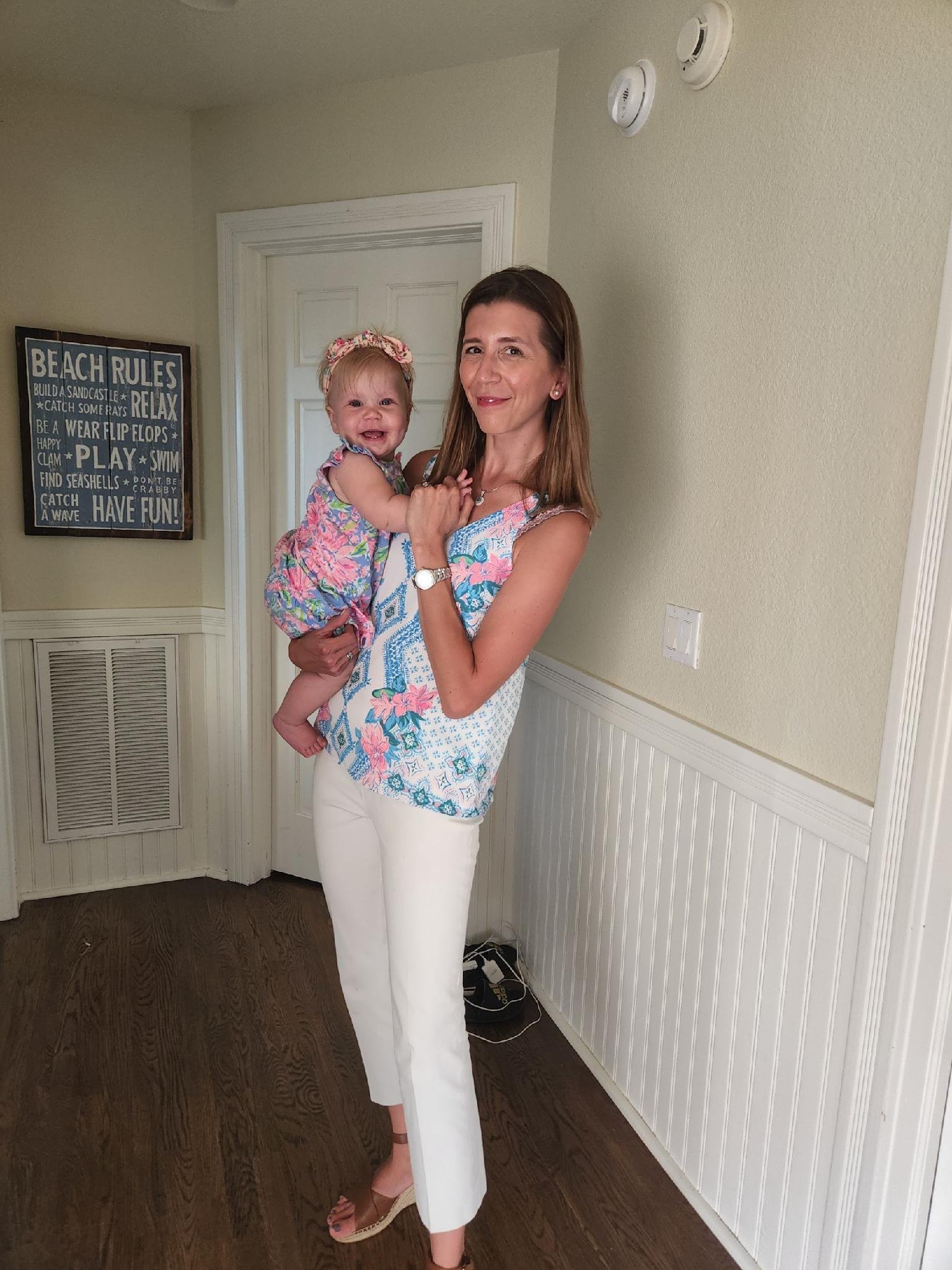Renee Korczak
PhD, RDN, CSSD, LD
Renee Korczak is a Registered Dietitian with a PhD in Human Nutrition. She has a variety of experience from the food industry, academia, and clinical settings. In this IG Live Recap, she tells us about her background, shares three helpful health tips, and talks all things plant-based!
Her Background:
Renee earned her PhD from the University of Minnesota where she studied the effects of carbohydrates and dietary fiber on human health. On top of her research background, she became a Registered Dietician (RD), aka a food and nutrition expert. The process of becoming an RD is no easy task. She explained that you have to spend between 1200-1500 practice hours working with different patients in a variety of settings in order to get a well-rounded experience of providing medical nutrition therapy. Her specialty areas include adult weight management and sports nutrition. She has two daughters, Ava (age 3.5) and Hannah (almost 11 months).
She has always been an athlete and therefore, is well-versed in the importance of one’s diet in optimizing athletic performance. When she was young, she loved gymnastics and cheerleading, but once she had a major growth spurt, volleyball became her new obsession.
Renee also works as the RD for OLIPOP, a soda made with plant fiber and prebiotics. The brand discovered her while she was giving a webinar on the impact of prebiotics on digestive health and a marketing agent at OLIPOP liked what she was saying. They then hired her to help with the science behind the brand which she has successfully done.
Renee’s 3 tips for going plant-based:
Identify which plant-based foods you really like and which ones you will be most successful with incorporating into your diet. For example, Renee loves quinoa and makes it in bulk every week. She uses it as a base for salads, adds it to her omelets, wraps, and more. It is “extremely versatile” and keeps you nice and full.
Begin eating plant-based in the morning. Most plant-based foods are a source of fiber, yet most Americans fall short on meeting fiber requirements in their diet. Fiber helps keep you full, contributes to weight management, and has so many more health benefits. If you begin the morning with a plant-based meal, you will be more likely to get all of the fiber your body needs each day. This could look like a tofu scramble with kale, overnight oats, a plant-based smoothie, the list goes on! Fiber is found in most fruits, vegetables, and whole-grains.
Keep it easy! It does not have to be hard to incorporate more plant-based foods into your diet. As long as you are combining different plant-based proteins, fruits, veggies, and grains, you are doing a great job of nourishing yourself.
More on plant-based eating:
There is much scientific evidence that has demonstrated the benefits of eating a plant-based diet. For example, the Mediterranean diet, which is mostly plant based, has been associated with a decreased risk of numerous diseases over time.
Renee explained that definitions of ‘plant-based’ aren’t standardized. Rather, it depends on how you define it and how it fits into your health and wellness routine. She thinks eggs could certainly fit into a plant-based diet and even meat if that’s what you desire. “It’s about being intuitive and listening to your body,” she stated.
Research has found that eating 30 plants per week is the magic number. She encourages you to challenge yourself to sneak a new fruit or vegetable into your diet each week to switch things up. Variety is a good thing.
Renee is available for all our LHC members on #AskOurRD! slack channel.



